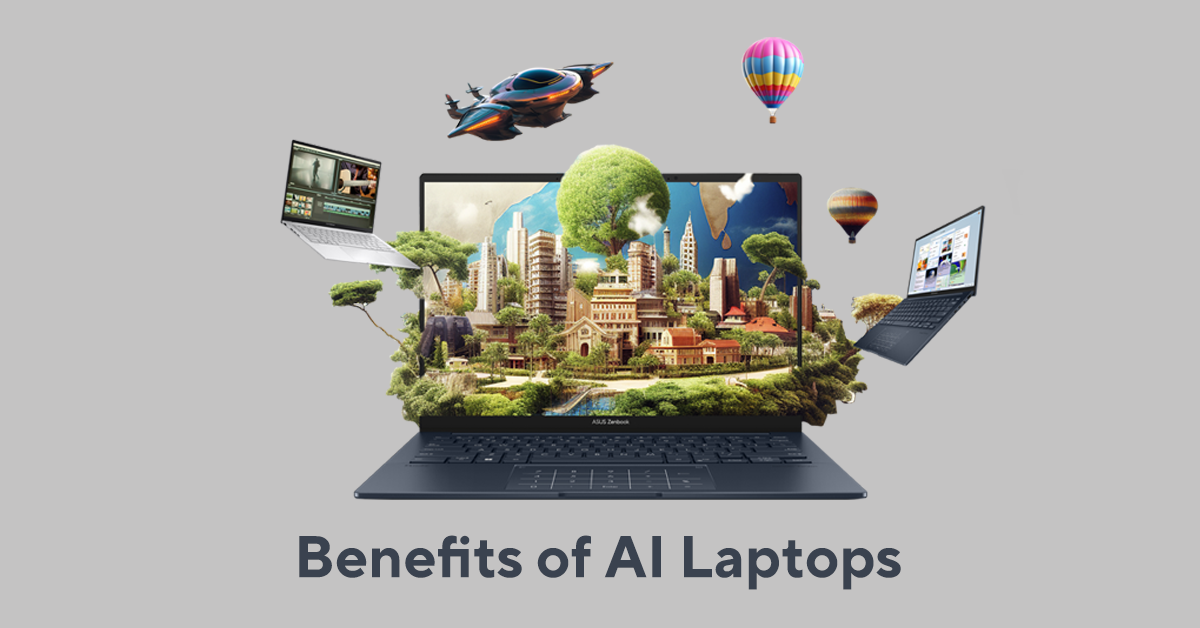A Battle for the Mobile Ecosystem
Have you ever wondered why Apple and Google dominate almost every aspect of your mobile experience? Their influence seems nearly inescapable, from the apps you download to the browsers you use. That’s why the UK’s Competition and Markets Authority (CMA) has stepped in, casting a critical eye on their operations. Their findings? A duopoly that might be stifling competition and innovation in the mobile sector.
Let’s unpack what the CMA discovered, how it impacts you, and what it could mean for the future of mobile technology.
What Did the CMA Find?
The CMA’s investigation into Apple and Google’s dominance of the mobile ecosystem sheds light on practices that could hinder competition and innovation. Here are the key findings:
1. A Stranglehold on App Stores
Apple’s App Store and Google Play Store together account for the lion’s share of app downloads globally. Their dominance raises concerns about the fees they charge:
- High Commission Rates: Both platforms take up to 30% on in-app purchases and subscriptions, potentially inflating prices for you as a consumer.
- Barriers for Developers: Small and independent developers face difficulty competing on these platforms due to high fees and strict policies.
2. Browser Control
The CMA highlighted how both companies dominate mobile browsing:
- Apple’s Safari is the only browser engine allowed on iOS, meaning all other browsers on Apple devices (like Chrome or Firefox) are essentially re-skinned versions of Safari.
- Google Chrome leads on Android, bolstered by its integration into Google services and search dominance.
This tight control limits innovation in browser development and creates fewer choices for you.
3. Search Engine Dominance
Google pays Apple billions annually to remain the default search engine on Safari. This exclusive arrangement marginalizes smaller competitors like DuckDuckGo or Bing, keeping you locked into Google’s ecosystem.
4. Stifled Innovation
The CMA found that Apple and Google’s rules often delay or restrict new technologies:
- App Review Bottlenecks: Apple’s lengthy app approval process can slow innovation.
- Data Restrictions: Google’s policies on data sharing can make it harder for smaller developers to build competitive apps.
How Does This Impact You?
The CMA’s findings go beyond corporate strategies—they reveal how Apple and Google’s practices directly affect your mobile experience.
1. Higher Costs
Ever wondered why apps and subscriptions feel pricey? Developers often pass on the high fees imposed by Apple and Google to consumers. Whether it’s a monthly streaming service or an in-app purchase, you’re likely paying a premium due to this duopoly.
2. Limited Options
When companies dominate markets, innovation often takes a backseat. For instance:
- You might want a faster browser, but Apple’s Safari restrictions limit what developers can offer.
- Alternatives to Google’s search engine might interest you, but they don’t stand a chance against Google’s default status on iPhones.
3. Slower Technological Progress
With fewer competitors able to enter the market, advancements in apps, browsers, and even mobile operating systems are delayed. The result? You miss out on cutting-edge features and technologies.
The CMA’s Recommendations
The CMA didn’t just identify issues; they proposed actionable solutions to promote competition and innovation.
1. Lowering App Store Fees
The CMA suggests reducing the commission rates Apple and Google charge developers. This move could lead to cheaper apps and services for you.
2. Enabling Browser Competition
Allowing third-party browser engines on iOS could open the door for faster, more secure, and feature-rich alternatives to Safari.
3. Breaking Search Engine Deals
By preventing exclusive agreements like Google’s payment to Apple, the CMA aims to give you more options for search engines tailored to your needs.
4. Alternative App Distribution
The CMA recommends allowing developers to distribute apps outside the App Store and Google Play, bypassing the high fees and restrictions entirely.
Apple and Google’s Defense
Unsurprisingly, both companies have defended their practices. Let’s look at their arguments:
Apple’s Argument
- Security First: Apple claims its strict App Store policies protect users from malware and scams.
- Performance Optimization: Apple insists its browser restrictions ensure better performance and security on iOS devices.
Google’s Perspective
- Open Source Defense: Google highlights Android’s openness, which allows alternative app stores and sideloading.
- Security Investments: The company points to its efforts in improving app security and providing developers with advanced tools.
While these arguments hold some merit, critics argue that they often serve as excuses to maintain their dominance.
What Does This Mean for Mobile Innovation?
If the CMA’s recommendations are implemented, the mobile landscape could shift dramatically. Here’s how:
1. Leveling the Playing Field
Smaller developers and startups could have the chance to thrive without being bogged down by high fees and restrictive policies. This could lead to a surge in niche apps and services designed to cater to specific needs.
2. Lower Costs for Consumers
As competition increases, developers may pass on savings to you, leading to cheaper apps, subscriptions, and even devices.
3. Faster Tech Advancements
Freed from the constraints of Apple and Google’s rules, developers might deliver groundbreaking features and innovations faster than ever before.
Challenges to Implementation
While the CMA’s recommendations sound promising, they come with challenges:
1. Global Enforcement
Tech giants operate globally, and enforcing UK-specific regulations might require broader international cooperation.
2. Increased Costs for Compliance
Implementing these changes might lead to higher operational costs for Apple and Google, which could be passed down to consumers.
3. Balancing Security and Openness
Opening up ecosystems could lead to security risks, including increased malicious apps or data breaches.
The Road Ahead
The CMA’s findings mark a significant turning point in the mobile industry. However, achieving meaningful change will require sustained effort and cooperation between regulators, tech companies, and developers.
For you, this could mean more freedom to choose apps, browsers, and search engines without restrictions. It could also lower prices and bring cutting-edge innovations to your fingertips faster.
But it also raises important questions: Can regulators enforce fair competition without compromising security? And how will Big Tech adapt to these changes?
Final Thoughts: The Future of Mobile Innovation
The CMA’s report isn’t just a critique of Apple and Google—it’s a wake-up call for the tech industry. As these companies continue to shape your digital world, the push for fairness, competition, and innovation has never been more critical.
Stay informed about the latest in tech and innovation! Subscribe to Gizopedia for in-depth analyses, updates, and expert insights on the trends shaping your digital life.
I'm Salim, the creator and tech enthusiast behind this website. My passion for technology has been a lifelong journey, fueled by a deep curiosity about how things work and a desire to explore the latest gadgets and innovations that shape our world.





